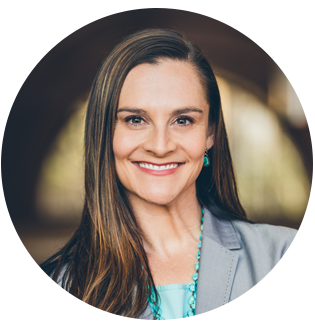
About the Family Workshops at Women’s Recovery
The Family Workshops are one-hour, bi-weekly therapeutic support and education groups for Women’s Recovery clients and their family members. The workshop includes education and shared experience, to provide support and engagement for the family. We believe that addiction impacts the whole family system and that families in recovery be allowed the same space to learn and grow. Our clients get support, education, and opportunity for development and the family deserves this too. The workshop seeks to lay the foundation for more understanding, encouragement, empowerment, and connection in families.
Topics that we will cover include:
- The nature of addiction and recovery
- Helping vs. enabling
- Boundaries
- Communication
- Family roles
- The addiction cycle
- Continuum of care
In addition, the weekend has four integral tenants.
Education
Families of loved ones struggling with addiction often have minimal knowledge of the disease of addiction or of recovery. This is a time and space to learn about the battle their loved ones are fighting and to become familiar with the bio-psycho-social-spiritual components of addiction and recovery. By helping families understand the nature of the disease, we are hoping to create more empathy and empowerment. Learning about their role in recovery will help them know how to help their loved ones without enabling or punishing.
Communication
Addiction leads to disconnection and isolation. People struggling with addiction feel alone and outcasted, while the families feel powerless and frustrated. The new, healthy system of a family in recovery relies on connection. Feeling open and present with each other, the ability to be vulnerable and engaged can feel foreign at first.
Connection
People struggling with addiction feel alone and outcasted, while the families feel powerless and frustrated. The new, healthy system of a family in recovery is built on connection. Feeling open and present with each other, the ability to be vulnerable and engaged can feel foreign at first. We will learn ways to seek and maintain healthy connections.
Hope
Clients and families alike have felt the sting of hopelessness in active addiction, and that typically lingers in early recovery. Hope is scary, as it opens the door for the potential for more pain. Through education, communication, and connection, families begin to believe in the possibility of long-term healing, in themselves and their loved ones.
Contact Women’s Recovery
At Women’s Recovery, we strive to help each woman begin the healing process. We offer a range of addiction treatment options, including:
- Alcohol addiction treatment
- Heroin addiction treatment
- Cocaine addiction treatment
- Opioid addiction treatment
- Prescription drug addiction treatment
To learn how the Family Workshop can enhance the recovery process, please contact us today at 833.754.0554 or fill out the form below.

 Dr. LaTisha Bader, PH.D., LP, LAC, CMPC
Dr. LaTisha Bader, PH.D., LP, LAC, CMPC